June 19, 1865, marks a pivotal day in American history—the day freedom arrived in Texas and the birth of Juneteenth. On this day, Major General Gordon Granger and thousands of Union soldiers landed in Galveston, bringing news of freedom to the enslaved people. This announcement came nearly two and a half years after President Abraham Lincoln issued the Emancipation Proclamation.
The Arrival of the Union Soldiers in Galveston
When Union soldiers arrived in Galveston, they didn’t land on the beach but rather on the south side of the island. They had to make their way around to the bay. Samuel Collins, a historian with deep generational ties to Texas, explains the significance of this historic event.
Collins, a seventh-generation Texan, is passionate about preserving the history of Juneteenth and Black stories. As a volunteer with the Nia Cultural Center, Collins works to keep these important narratives alive.
Collins shares that upon their arrival, the Union soldiers, under General Granger’s leadership, set up headquarters on The Strand in downtown Galveston, a bustling commercial center at the time.
From there, they issued General Order No. 3, which declared all enslaved people in Texas were free. Soldiers moved throughout Galveston and then spread inland to the large plantations that relied heavily on enslaved labor.
Galveston’s Role in Slavery
In the 19th century, Galveston was crucial to Texas’s economy. It was a major port for the buying and selling of enslaved people. Collins notes that records show nearly 80% of enslaved individuals entering Texas came through the port of Galveston.
The history of slavery in the city is preserved today at the Rosenberg Library and the Galveston & Texas History Center. These institutions house records, including old city views, slave deeds, and exhibits that show photos of living conditions for the enslaved.
Juneteenth as a Federal Holiday
For many residents of Galveston, seeing Juneteenth recognized as a federal holiday is a full-circle moment. Johnnie Moses, a local resident, reflects on the importance of Juneteenth as a reminder of the nation’s history and the struggles that continue today. “The struggle against us is still going on, and we have to remain mindful of where we come from and where we are today,” Moses says.
Historians like Collins also view Juneteenth as a milestone in the country’s ongoing pursuit of a more perfect union. “Juneteenth moved us to becoming a more perfect union,” Collins explains, emphasizing that, although the country was not perfect in 1865, the declaration of freedom for enslaved people was an important step forward.
The Fight for Equality Continues
Looking ahead to 2025 and beyond, the battle for “absolute equality,” as Collins puts it, is still ongoing. He points to General Order No. 3, which not only declared that “all slaves are free” but also emphasized that this freedom involved “absolute equality.” As Collins notes, the fight for equality is far from over, and we must continue working toward that goal.
Collins believes it’s crucial to tell the full history, even when it’s uncomfortable. “I often use the analogy of a green salad,” he explains. “The stories we have been taught are the lettuce and tomato stories. But this history salad includes croutons, bacon bits, olives, and pickles. And as we add additional narratives, we add flavor to this history to make sure that all of the history is included.”
Juneteenth is not just a celebration of freedom but a reminder of the ongoing journey toward equality. For those in Galveston and across the nation, it is a time to reflect on the past and recognize the steps still needed to achieve the true equality that was promised in 1865.
It’s a story that continues to unfold, with each generation adding its own chapter to the shared history of struggle, resilience, and progress.

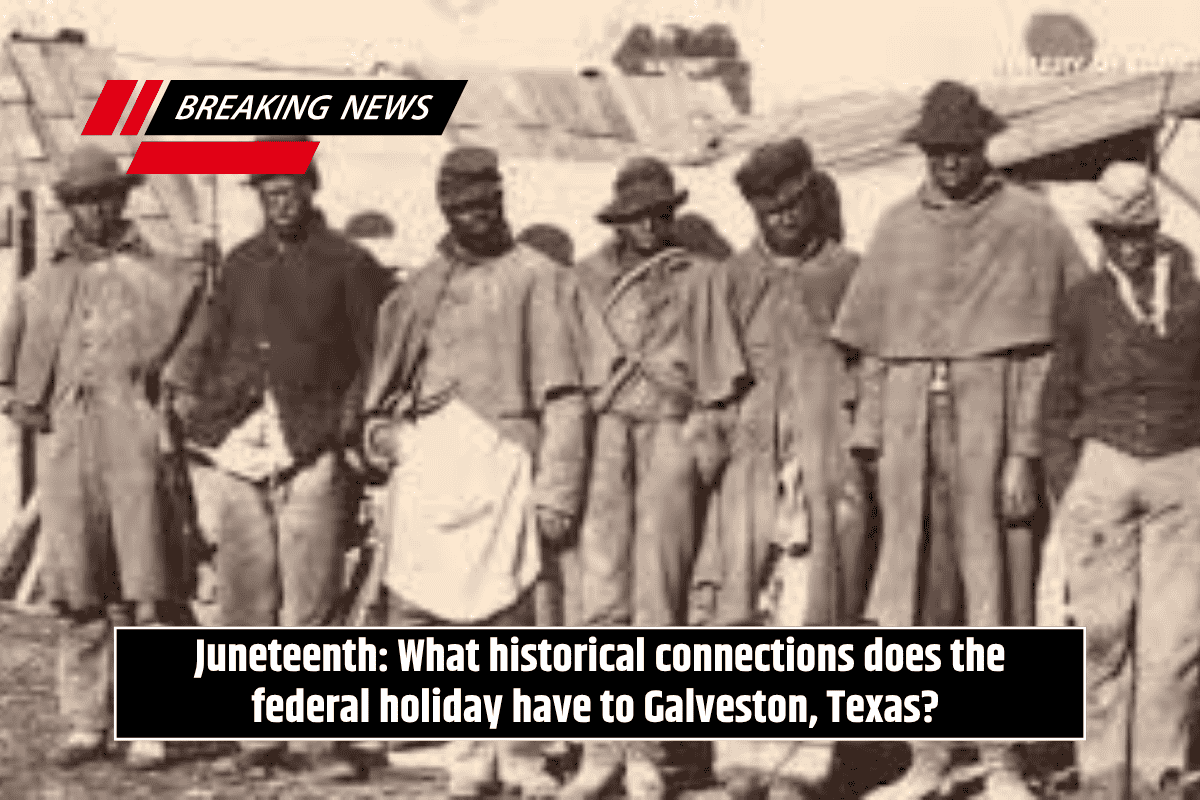

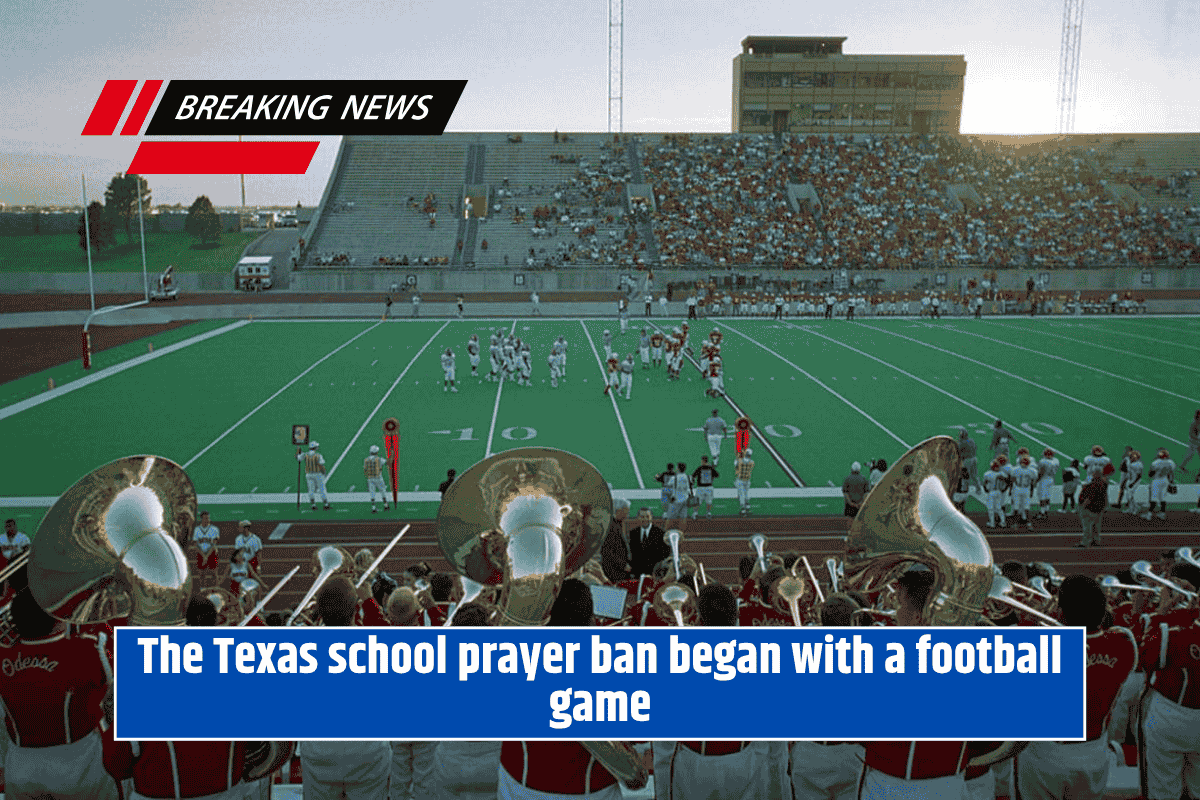
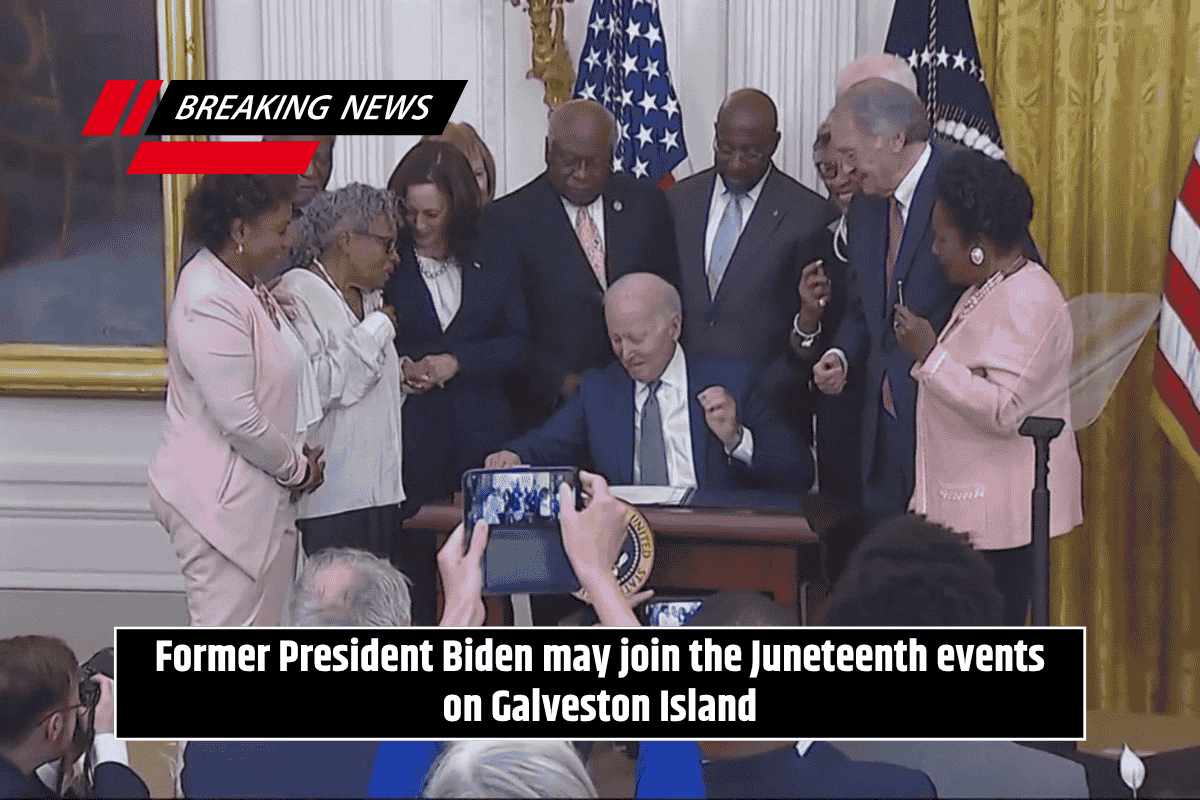
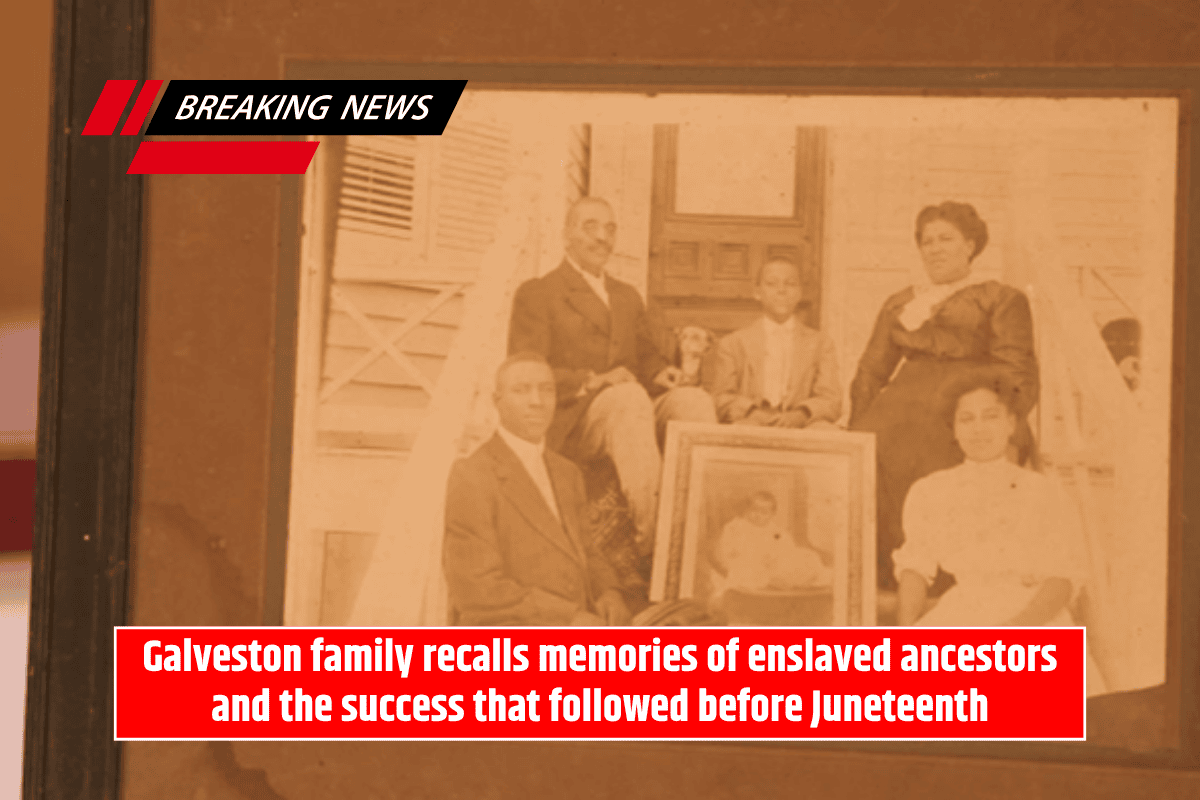
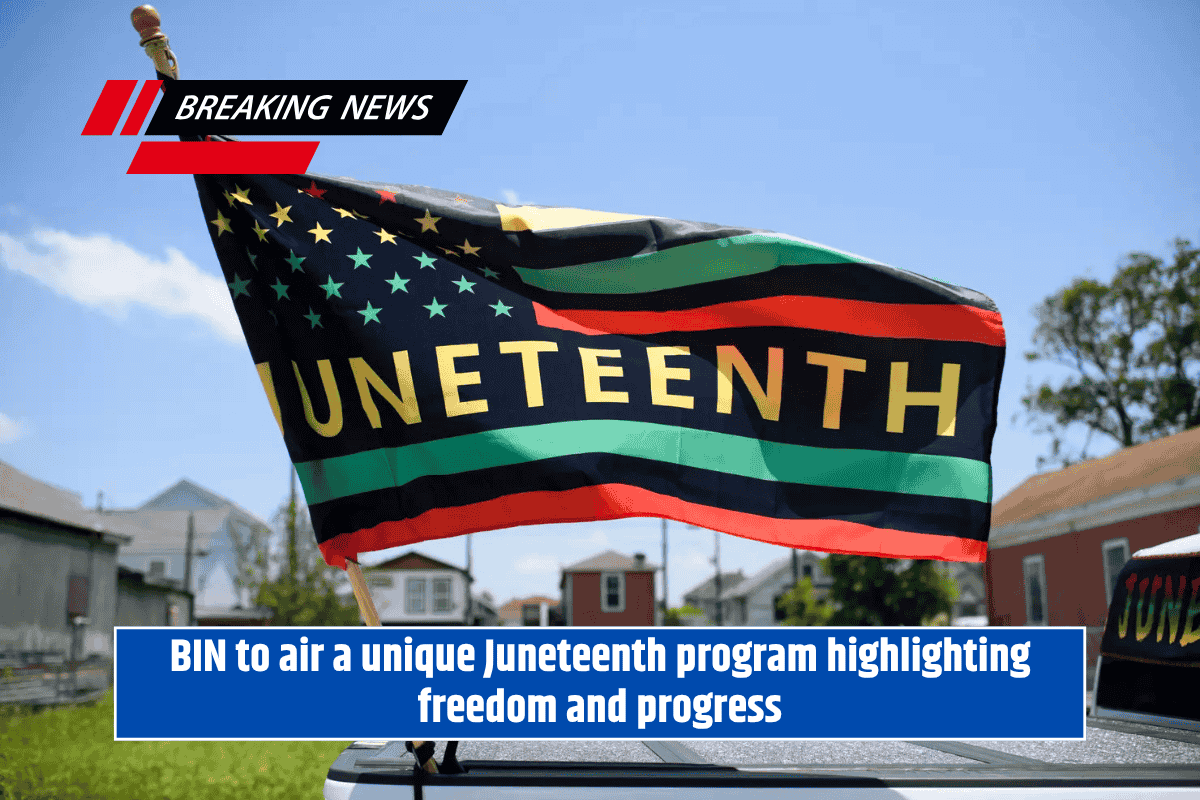
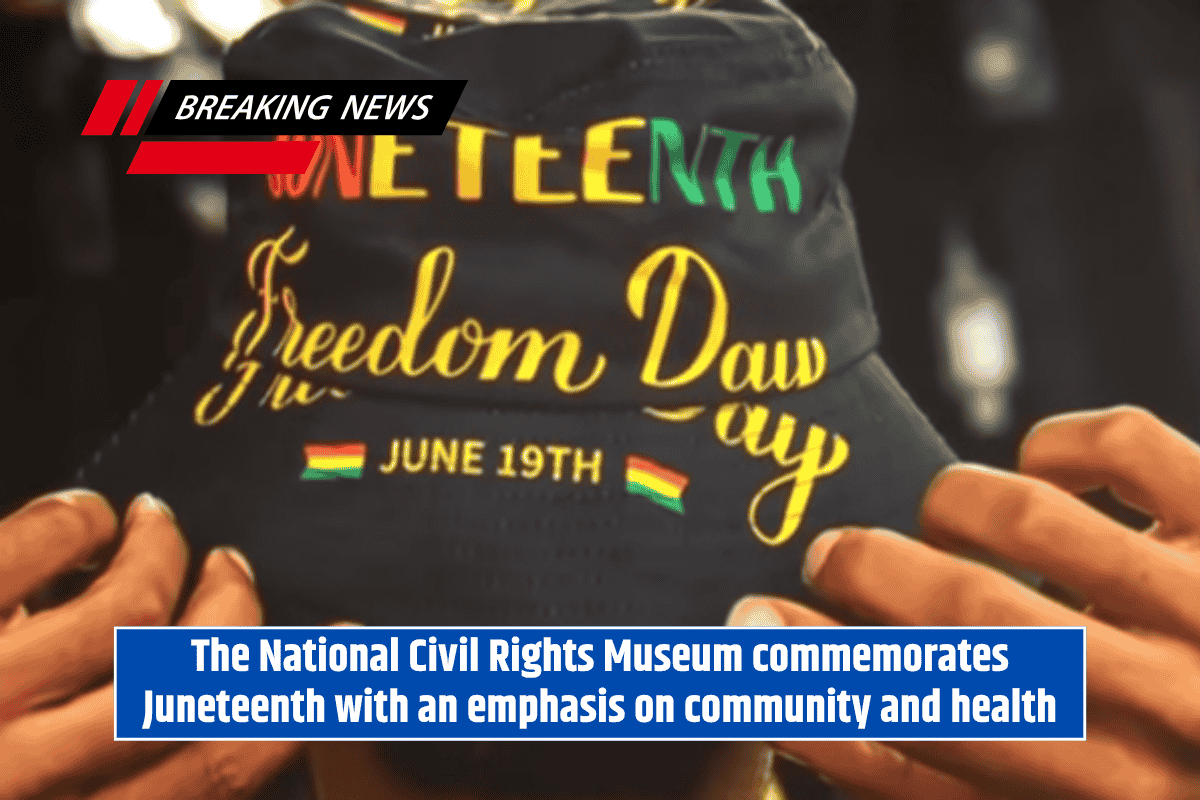



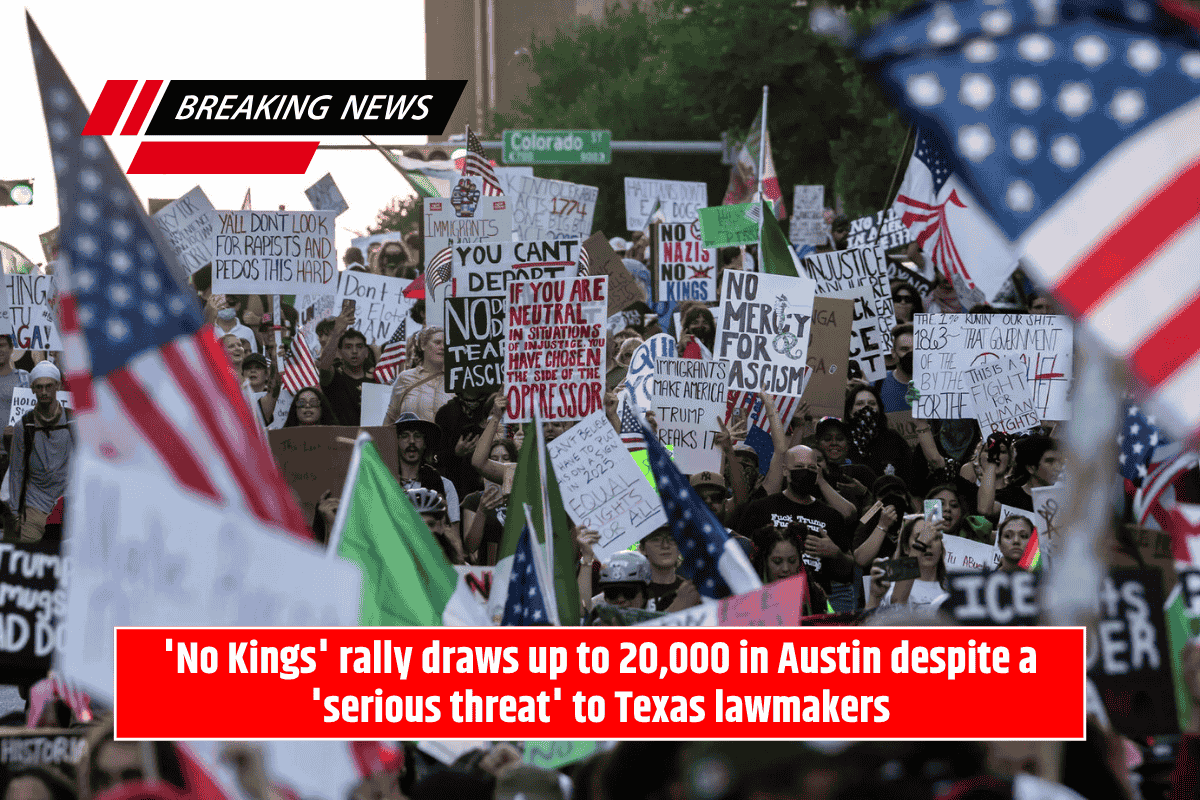


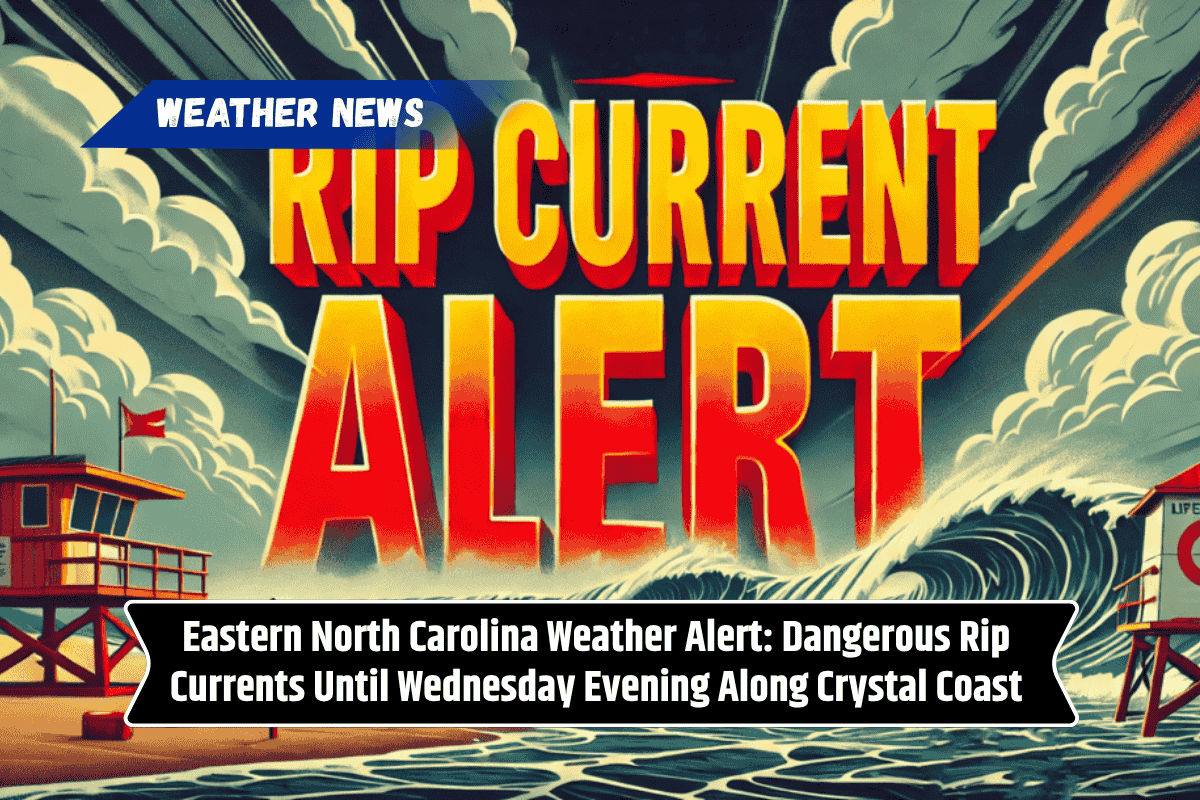

Leave a Reply